C2B was engaged to conduct a detailed feasibility study to help supportive housing agency in Larimer County develop a program aimed at improving Medicaid-funded services for people experiencing homelessness and living with mental health challenges. The primary objective was to evaluate whether current behavioral health services funded by Medicaid met the needs of this population and to explore ways to expand or integrate services that could improve access, coordination, and outcomes for this underserved group.
Preliminary Research Summary
Our initial research suggested that one potential path forward was to enroll in Medicaid Fee-for-Service (FFS) to bill for services such as psychotherapy, neuropsychiatric evaluation, mental health treatment, psychological testing/evaluation, and substance use disorder (SUD) treatment. Establishing an SUD service was strategically advantageous, as these services are billed at the group level rather than through individual providers.
An evaluation of similar programs like the Program of All-Inclusive Care for the Elderly (PACE) was conducted. Since PACE is designed for elderly individuals with complex care needs, this raised an important strategic consideration: What was the age and clinical composition of the population the Supportive Housing Agency intended to serve? It also led to a key consideration: How might existing case management or care coordination structures such as those associated with PACE—intersect with services offered by the Supportive Housing Agency?
We also identified a significant gap in Medicaid-funded services targeting the homeless population in Larimer County. Although the county provides housing for individuals with mental disabilities, it was unclear whether this reflected a fully-met need or an opportunity to expand behavioral health services for this underserved population.
The feasibility study was conducted in 2021/2022 which resulted in launching a pilot program where case management teams provided services from the supportive housing properties. Now in 2025, many supportive housing agencies are offering case management services and getting reimbursement from Medicaid.
Provider types included in the program are:
- Physician/Psychiatrist
- Psychologist (PhD/PsyD)
- Licensed Clinical Social Worker (LCSW)
- Licensed Marriage and Family Therapist (LMFT)
- Licensed Professional Counselor (LPC)
- Nurse Practitioner (NP)
- Physician Assistant (PA) with board certification in Behavioral Health

